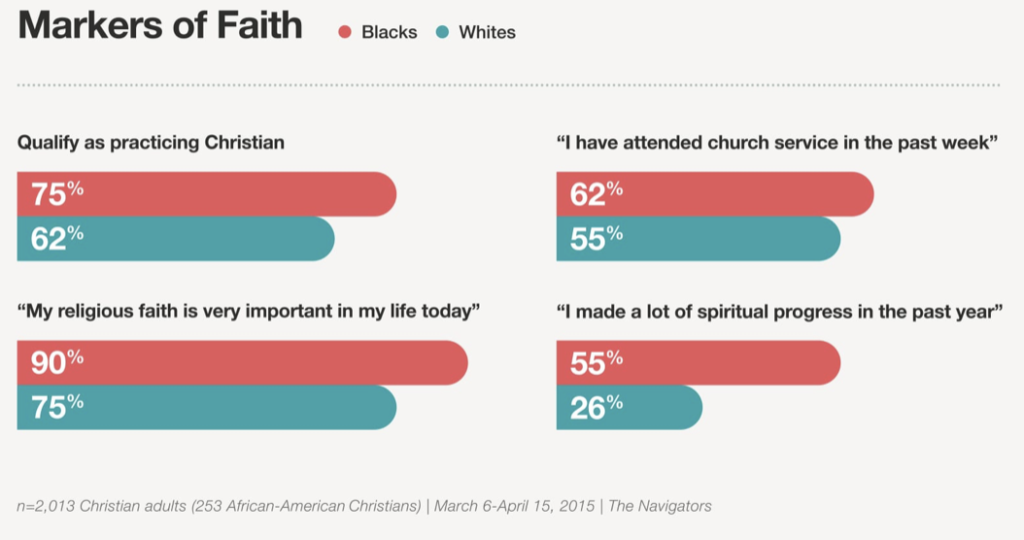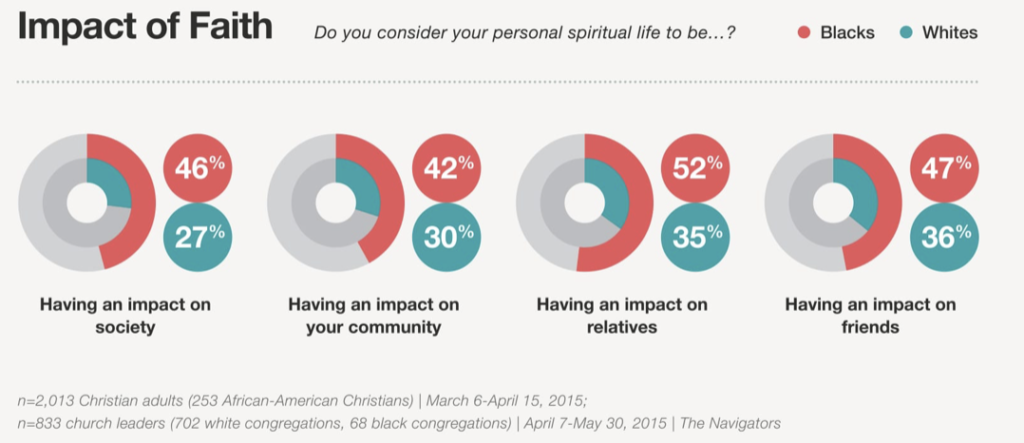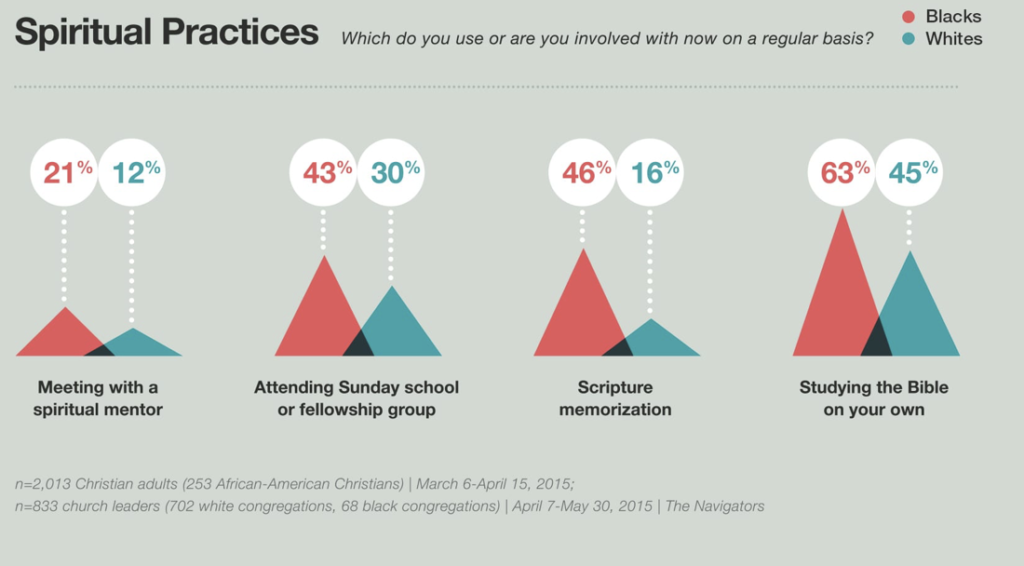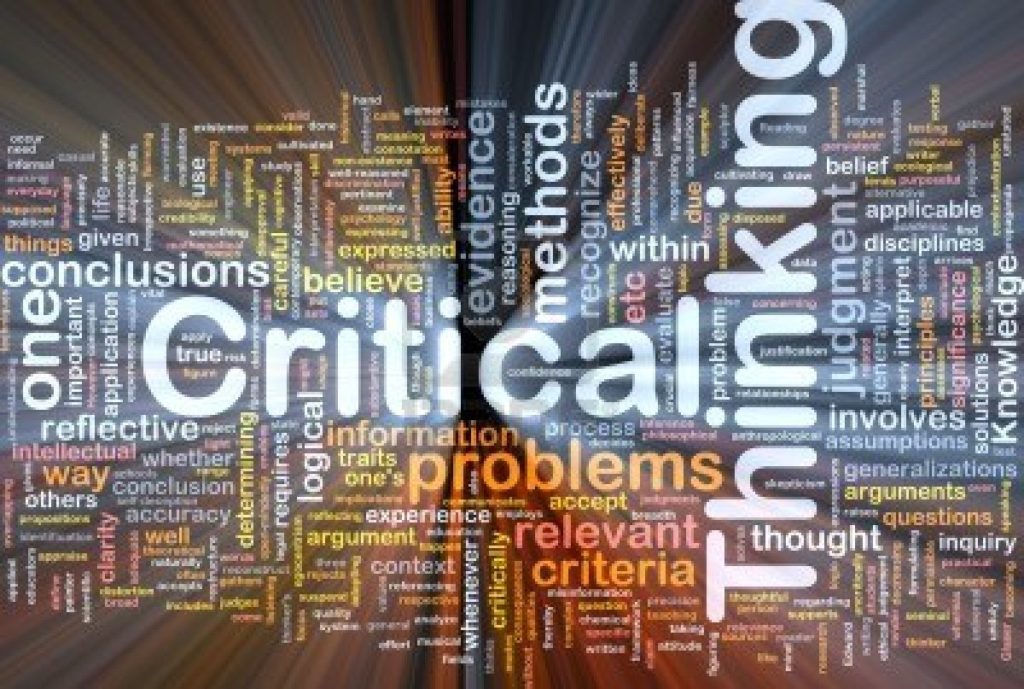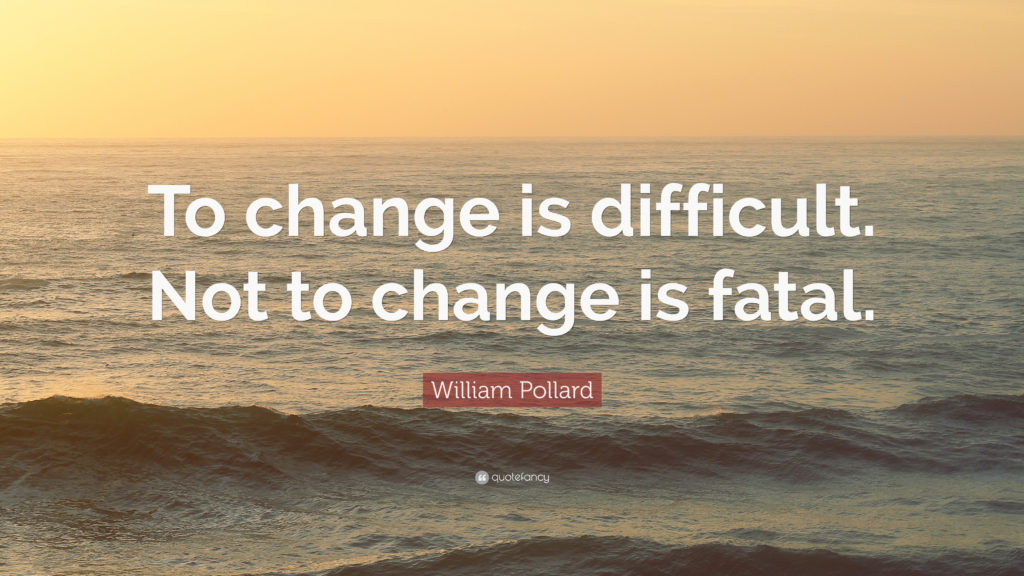
If You Don’t Change Your Method You Risk No One Hearing Your Message
I am writing this Blog Article as a 45-year veteran of Gospel speaking and teaching. I have experienced a number of “CRISIS” moments in this life journey. The most impactful crisis moments have all centered on gospel mandates and my actions or lack thereof. I made significant changes in my leadership behavior at these crisis moments to align my ministry more with Scripture versus popular thought. Step-by-step these crisis moments of scriptural mandate have caused my spiritual awareness and behavior to be more sensitive to the voice of God through scripture. Do not misunderstand my words – I am not claiming “super-saint” status. I am claiming that a life lived with God’s Word as a driving centerpiece of behavior and learning, your spiritual senses will increase.
That said I came to a conclusion years ago (over 25yrs.) the Church’s operational functioning in society will look and operate very differently at the sounding of the Trumpet of Christ’s second return. As a student of ministerial leadership during this pandemic shut down to the restart of church, for the first time in over 25-years of leading in the faith community, I believe the church in now facing a very critical moment of transition and change. The paradigm of doing church in a box on Sunday’s has been stood on its head – the church has been forced to go to the people on Sunday, not the other way around. What is at risk if we fail in this moment? If methodology does not change we are risking no one listening to our message.
The choice in front of people today is “Analog” Vs. “Digital” church. Digital is not primarily a platform for cool graphics and announcement bumper videos with movie clip illustrations to support a presentation. Pause for just a moment and allow the Millennials and Gen-Zers to speak to all of us. Digital is about relationships first and foremost, radical retail transition is second. It is all about relationships, it is about the human touch accelerated because of digitral technology. It is about “being church” versus “doing church.” Churches going digital is not solely about content distribution. Think for just a minute – going to church was the only option to connect with faith during the week. In fact it was once the highlight of the week! What if the church started going to people? What would happen if we made our church sticky? What would change in our leadership model because of a desire to be sticky? Is the front-door of the church over-rated? My heart tells me that people would desire to be part of that church because it touched them at the point of human need and suffering. To change or not to change is a very real question that demands an answer.
Shepherds Advantage provides Servant Leadership that helps people close the gap between where they are and where they want to be. Shepherds Advantage closes that gap by providing Leadership Development, Key Note Speaking, and Executive Coaching.
